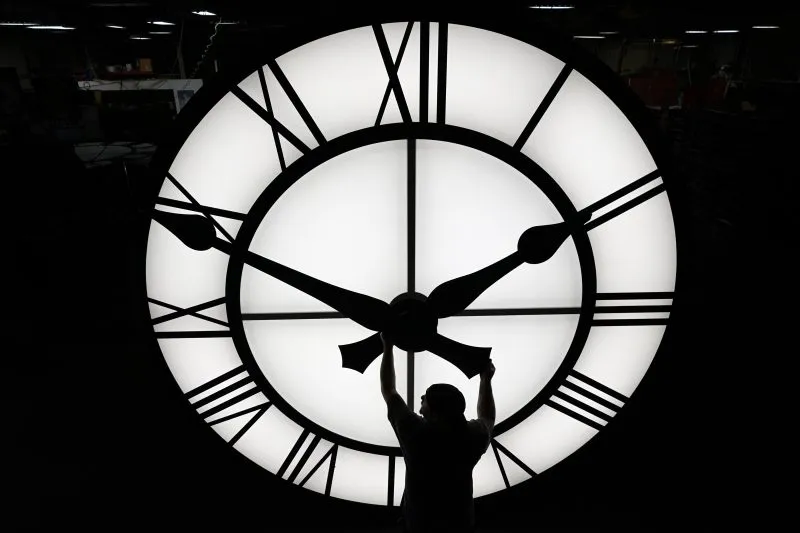Daylight Savings 2024 and Its Impact on Timekeeping

Daylight Savings 2024: The Upcoming Change
Daylight savings 2024 will officially end at 2 a.m. on November 3. Most of the U.S. will experience the change, falling back an hour and marking a shift in our daily routines. The notion of turning back clocks brings both relief and frustration, especially with shorter days ahead.
Why Do We Observe Daylight Savings?
The U.S. Department of Transportation manages daylight savings time, which lasts approximately 238 days from the second Sunday in March until the first Sunday in November. States, however, have the option to remain on standard time year-round, like Hawaii and Arizona.
- Extra Hour of Sleep: Enjoy that additional sleep on November 3.
- Shorter Sunlight: Prepare for earlier sunsets as winter approaches.
Legislative Efforts to Change the System
In recent years, many states have sought to end the clock-changing tradition. Bills, including Sen. Marco Rubio's Sunshine Protection Act of 2023, have garnered bipartisan support but remain stalled in Congress.
- Senate efforts since March 2023
- Support from states like Ohio and Oklahoma
- Resistance from other lawmakers
This article was prepared using information from open sources in accordance with the principles of Ethical Policy. The editorial team is not responsible for absolute accuracy, as it relies on data from the sources referenced.